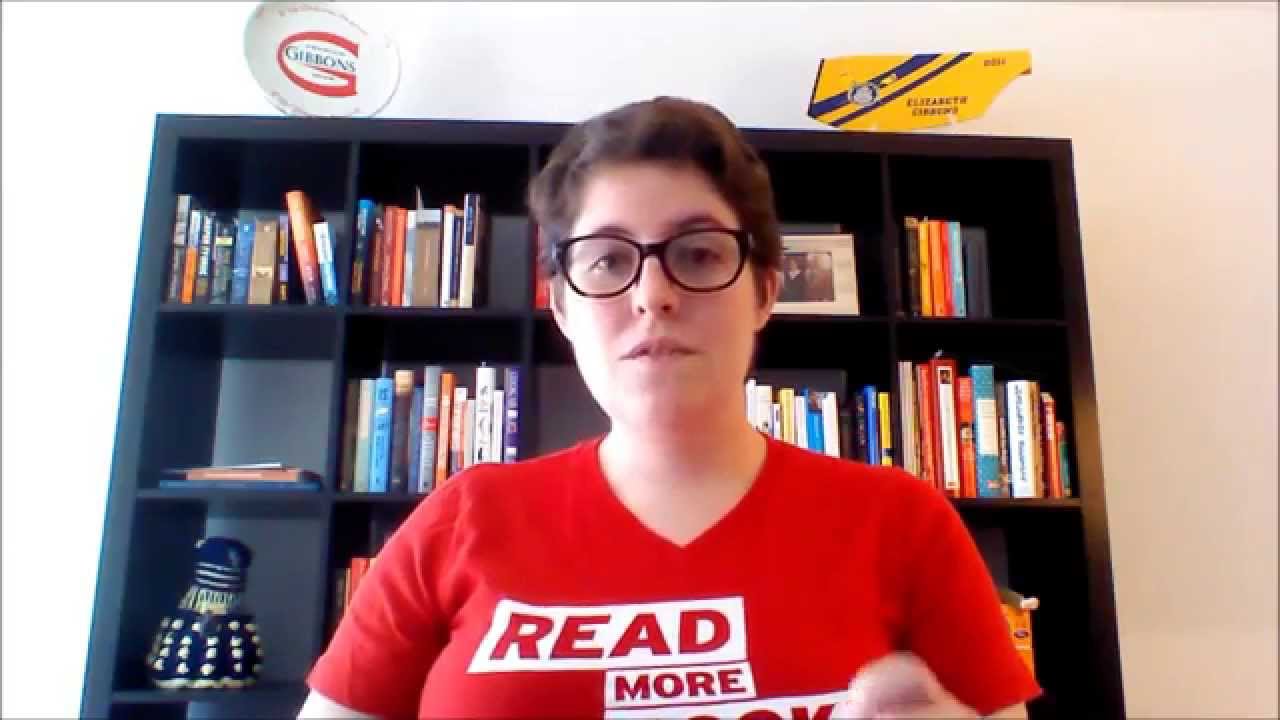Word Nerd
You learned a lot of rules in school, but that’s not what this channel is about.
Weston’s website: http://www.wworiginals.com/ .

Word Nerd
You learned a lot of rules in school, but that’s not what this channel is about.
Weston’s website: http://www.wworiginals.com/ .
Comments are closed.
That's interesting. When learning french at an immersion school in Canada, the only word we ever used for e-mail was courriel. But my teachers did have an aversion to so called anglicismes.Thanks for the video and keep up the good work!
So your opinion is that as long as others can understand what you want to say you're saying it right, is that correct? In the case of someone learning a new language and it's important for them to overcome the fear of actually speaking I would agree, but in my native language I try to be conscious about how I phrase something. For example, in Germany or where I grew up at least it's considered to be rude to say "me and my friends" instead of "my friends and I". Whenever I said it wrong in my childhood somebody would quote the saying "Der Esel nennt sich immer zuerst.", which could be translated to "The donkey always puts himself first". Is it considered to be impolite in the English language as well? I've wondered about that for a while now, I often notice vlogger saying the first phrasing, but never the second one. xx
(Also, I noticed that I really need to work on expressing an opinion in written form in English as I really struggled to phrase these few sentences.)
please please please give me an example about Descprptive ^^ , thanks your vid will save my exam ! xD do you have facebook account or page ?
do you have any video about development of writing ? Ideograms , pictograms , rebus writing ….. ?
Although it was best and actually it helped me most but i have some thing to say you, that your way of defining was not in orderly manner. Try to explain in detail and clearly if you do not mind.
I am a descriptive linguist. How are we to explain how languages change? How did a highly synthetic language like Latin, with all its inflections become a more analytic language such as French, Spanish, Italian or Portuguese etc.? Why do the people of France laugh at French speakers of Quebec or Acadia in Canada? The latter are simply using vernaculer that they brought with them when they came to Canada in the 16th century. The people of France dropped a lot of those words and expressions that were common back then: however, the French speakers in Canada retained them. They also added new lexical items reflective of life in North America. The prescriptive linguistics or purists state there is only one correct way to speak. Descriptive linguists point out the dialectal difference that have come about through time.
Perscriptivists are fascist scum
Will you marry me
Thank you, very helpful.